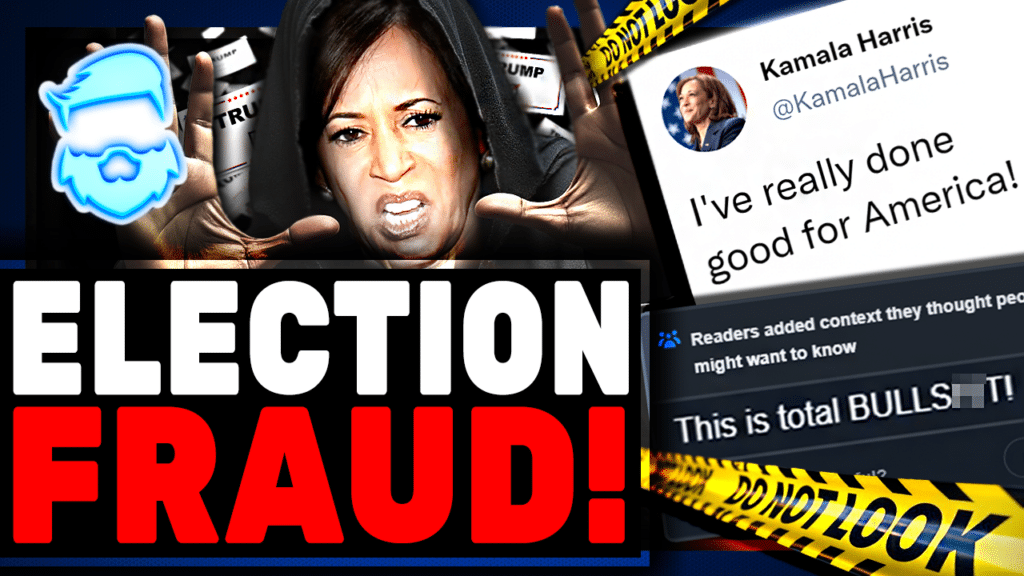The 1992 movie A League of Their Own shed light on an untold piece of American history, highlighting the women who played professional baseball in the 1940s while the nation’s men were fighting in World War II. (It still holds up, too.) Amazon’s new series adaptation — premiering this Friday; I’ve seen the first four episodes — aims to expand the movie’s storytelling canvas by addressing the LGBTQ repression and racial discrimination rampant in that era. It’s a noble effort… but that nobility doesn’t necessarily make it dramatically compelling. The new League of Their Own is a little too eager to make its point, sidelining the baseball elements and getting bogged down in heavy-handed subplots. While trying to right historical wrongs, it ends up losing the spark that made the original film so special.
We pick up in 1943, with Broad City‘s Abbi Jacobson (also a co-creator here along with Will Graham) as Idaho bookworm Carson Shaw, who heads to Chicago to try out for a new women’s baseball league while her husband is overseas. On the way, she meets sassy glamour girl Greta (The Good Place standout D’Arcy Carden), along with an eclectic group of female ballplayers eager to prove themselves as they take the field for the Rockford Peaches. (The series follows a completely different set of characters than the original film, for the record.) The vivacious Greta stirs confusing urges in Carson, though, who pens a letter to her husband confessing that “there’s something wrong with me”…
The tone here is hard to pin down: It’s half goofy improv-style comedy and half earnest social commentary, and the two don’t always mix together well. The comedy is laden with anachronistic dialogue and jokes, too, that spoil the vintage vibe. Jacobson and Carden are both gifted comedians, but the arc of Carson and Greta’s forbidden romance is soppy and predictable. We may not have seen anything this explicitly gay in the original movie, but we’ve definitely seen LGBTQ storylines like this many times before. Plus, so much time is spent on Carson and Greta that the other ballplayers don’t get a chance to shine. There’s no dynamic here as strong as the complicated rivalry between the film’s sisters Dottie and Kit, and no one to challenge the girls like Tom Hanks’ reluctant manager Jimmy Dugan. (Nick Offerman should be a home run as the Peaches’ manager, but he barely makes an impression.)

















